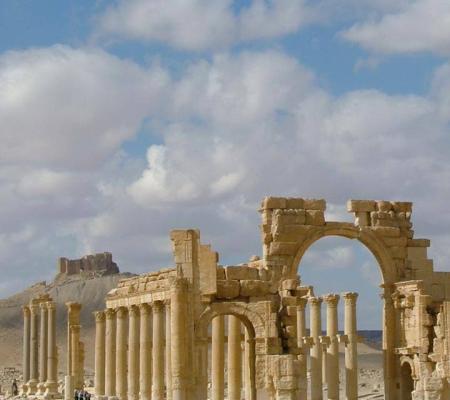For the past six years, the world has watched in horror as Syria and Iraq have endured some of the worst human and heritage violence since World War II. In this talk, I will argue that the dominant universalist model of archaeological heritage preservation, wherein heritage is envisioned as a property-based model belonging “to all humankind”, has in fact been an important motivation for the destruction of heritage in wartime and in the alienation of local communities from their heritage following reconstruction. Archaeologists, as researchers on the past who can assist in shaping the narratives of the present, should instead work to understand local models of heritage and support communities traumatized by war to rebuild in ways that serve local needs first. Often, post-war reconstruction has only multiplied the trauma of people in the aftermath of conflict. However, if sites damaged by war are rebuilt in an inclusive manner, reconstruction has the potential to be a genuinely healing act of resistance to the violence perpetrated during wartime.
Stephennie Mulder is Associate Professor of Islamic Art and Architecture at the University of Texas at Austin. She is a specialist in Islamic art, architectural history, and archaeology. She worked for over ten years as the head ceramicist at Balis, a medieval Islamic city in Syria, and has also conducted archaeological and art historical fieldwork throughout Syria, Egypt, Turkey, and elsewhere in the region.
Dr. Mulder is the recipient of UT Austin’s Hamilton Book Award Grand Prize, among other awards, for her book The Shrines of the ‘Alids in Medieval Syria: Sunnis, Shi’s and the Architecture of Coexistence (Edinburgh, 2014). She has appeared in media interviews and written editorials for media outlets such as the BBC, IB Times, al-Jazeera, the L.A. Times, Huffington Post, and U.S. News and World Report on cultural heritage issues, Islamic art, antiquities, and the history of sectarian relations in Islam.


